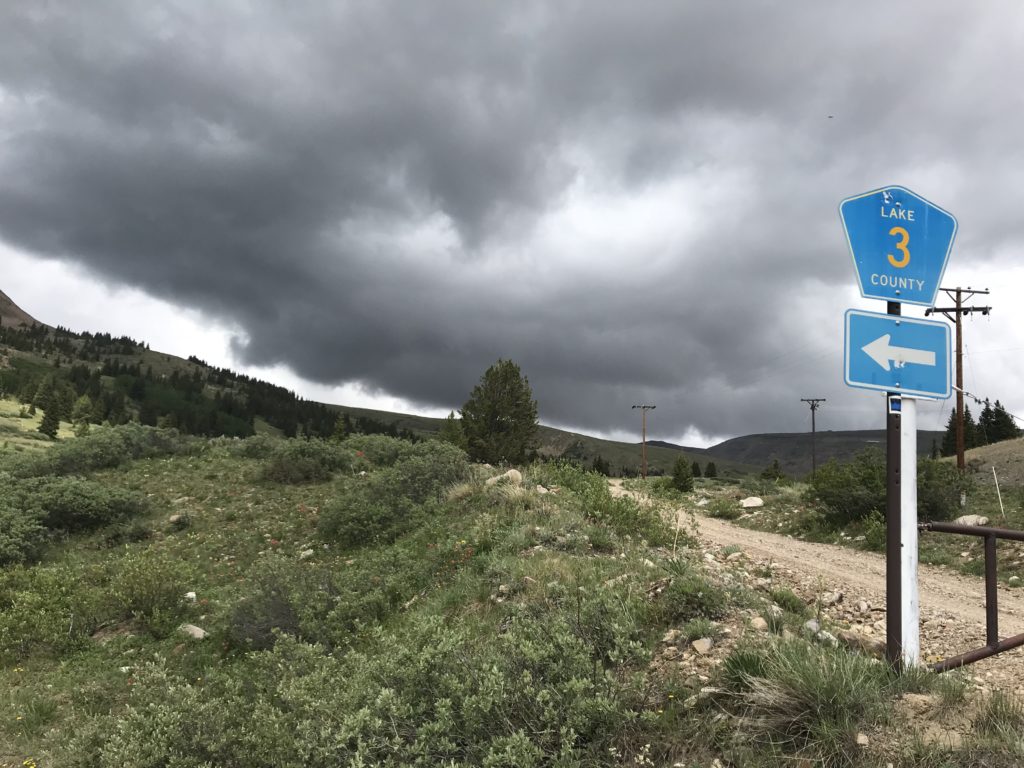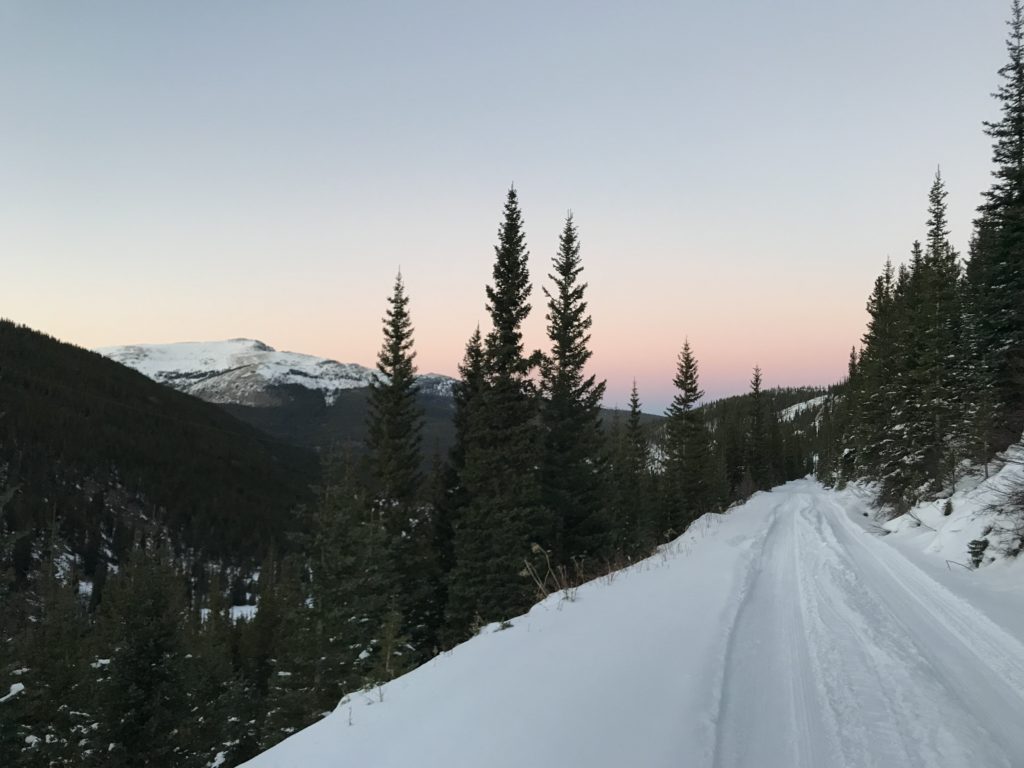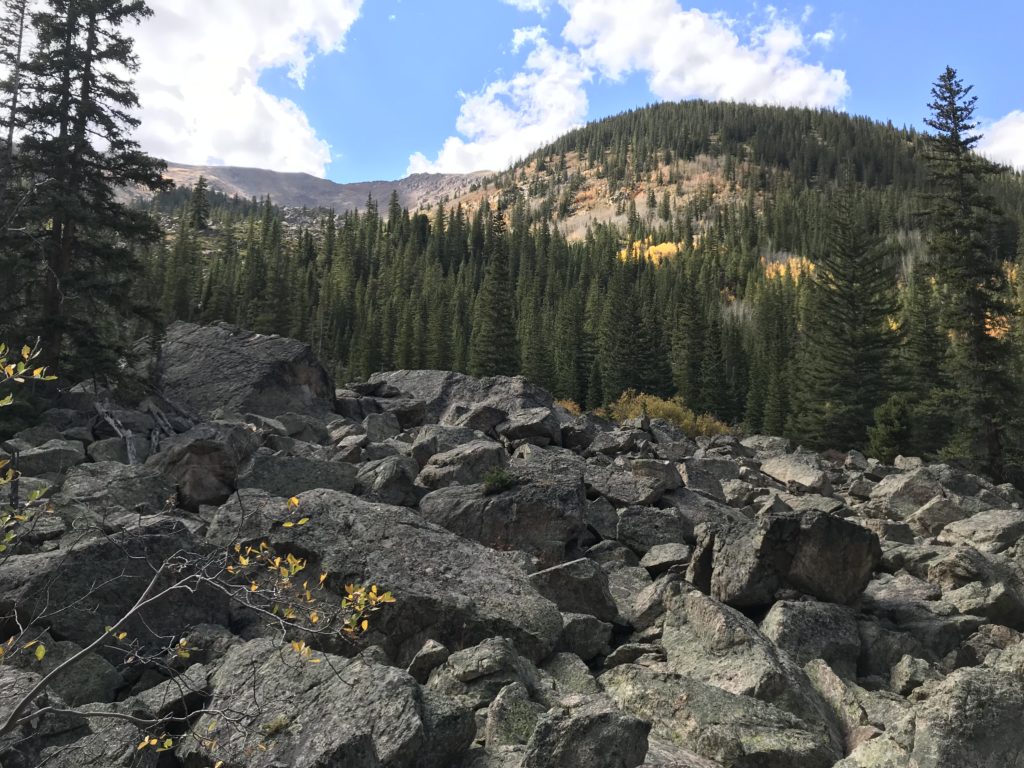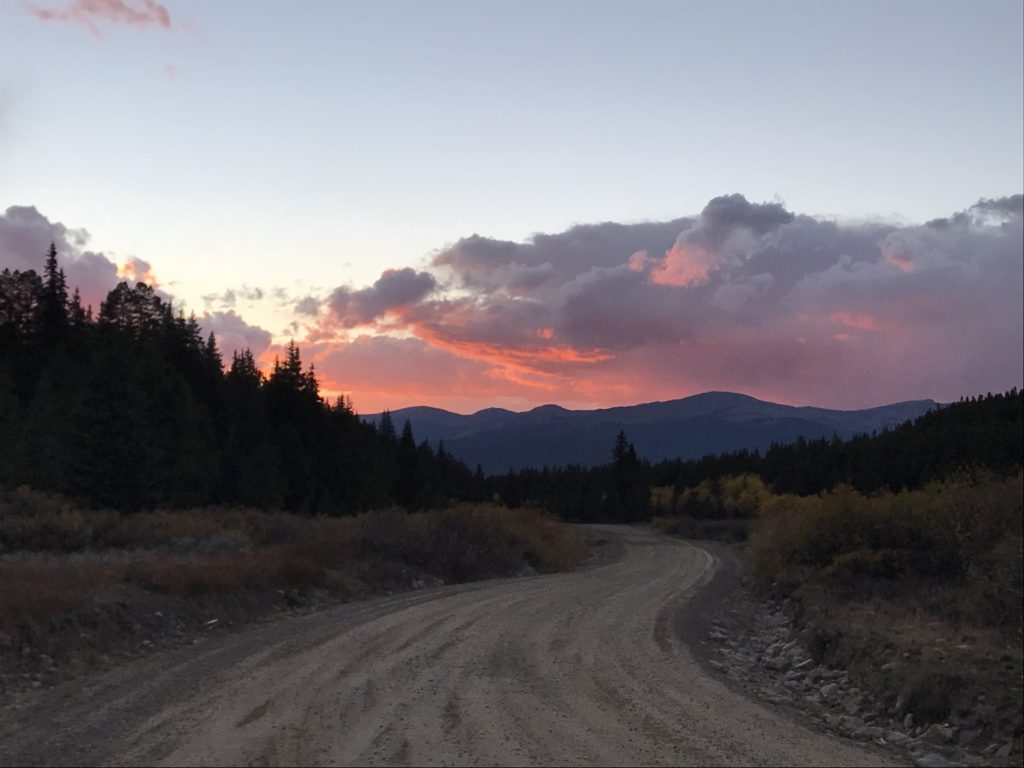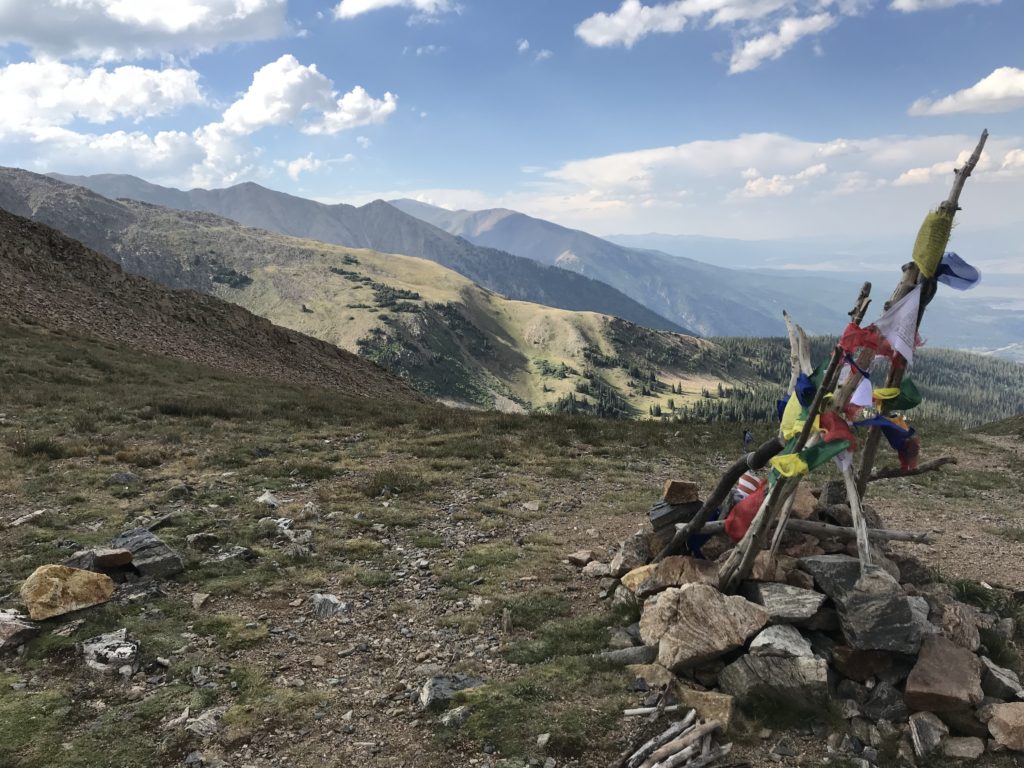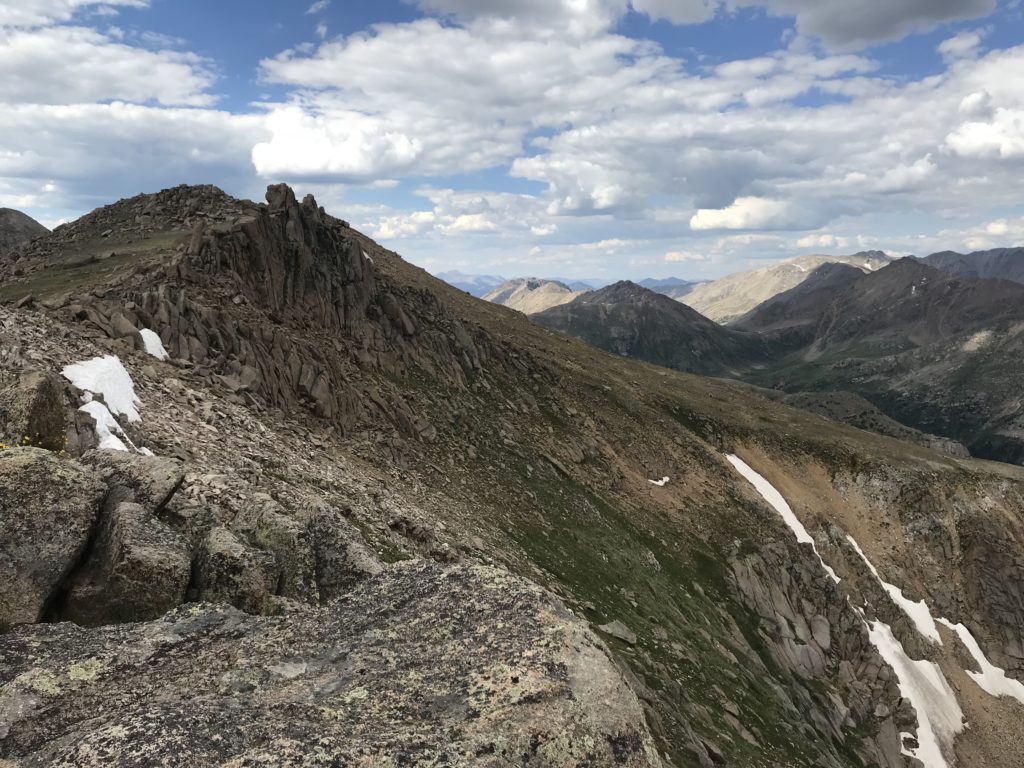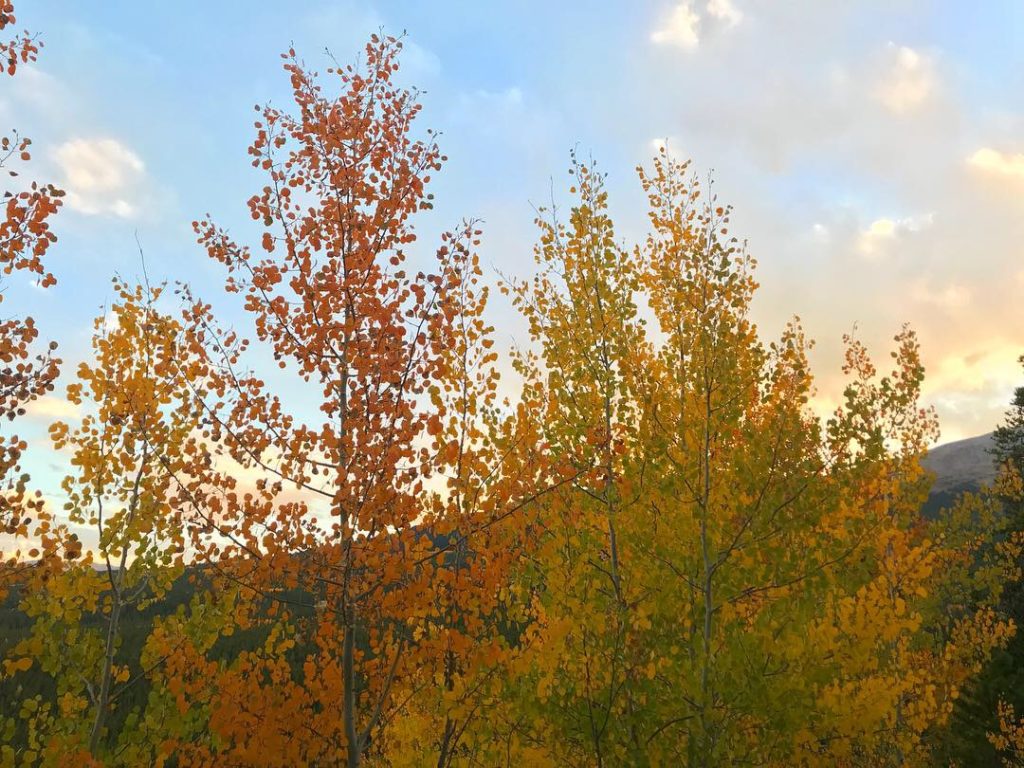
The volunteers of LCSAR use the following free sites as they plan their own adventures — we hope you find them useful, too!
- Cal Topo – Backcountry Mapping Evolved
- FSTopo Quadrangle Map Downloads
- The Colorado Trail Foundation
- USFS Interactive Travel Map
- 14ers.com Peaks, Routes and Trip Reports
- Leadville Grooming Conditions Map
- Leadville Nordic Trail Conditions blog
- Lists of John – Lake County Peaks Search
- SummitPost Maps and Trip Reports
LCSAR also firmly believes in proactive survival education for young adventurers. The National Association for Search and Rescue’s Hug-a-Tree and Survive training program teaches children how to survive in the woods should they become lost. Their site has training materials available to start the survival conversation with your child, including an activity and coloring book.
The public lands of Lake County are a beautiful and wild, but destructible, resource. Every acre requires and deserves proactive efforts to survive without human environmental damage. By following the Center for Outdoor Ethics’ Leave No Trace Seven Principles, our lands will remain unspoiled for all to enjoy.
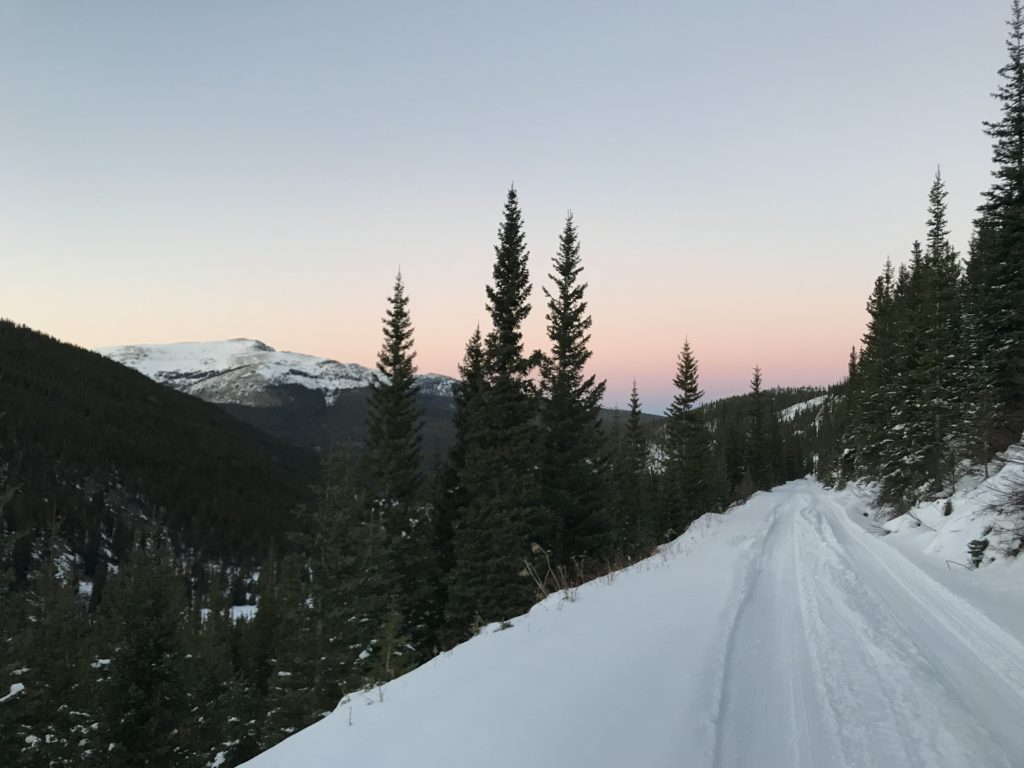
The Leave No Trace blog offers many valuable videos and written resources for adventurers, and LCSAR encourages you to become an educated and engaged steward of our landscape. The Center has also worked with the Colorado Tourism Office to create a video and brochure to teach Leave No Trace-focused preparation for the backcountry. LCSAR asks all outdoor enthusiasts to leave Lake County better than you’ve found it.
The Leave No Trace Seven Principles:
- Plan Ahead and Prepare
- Travel and Camp on Durable Surfaces
- Dispose of Waste Properly
- Leave What You Find
- Minimize Campfire Impacts
- Respect Wildlife
- Be Considerate of Other Visitors
© 1999 by the Leave No Trace Center for Outdoor Ethics: www.LNT.org.
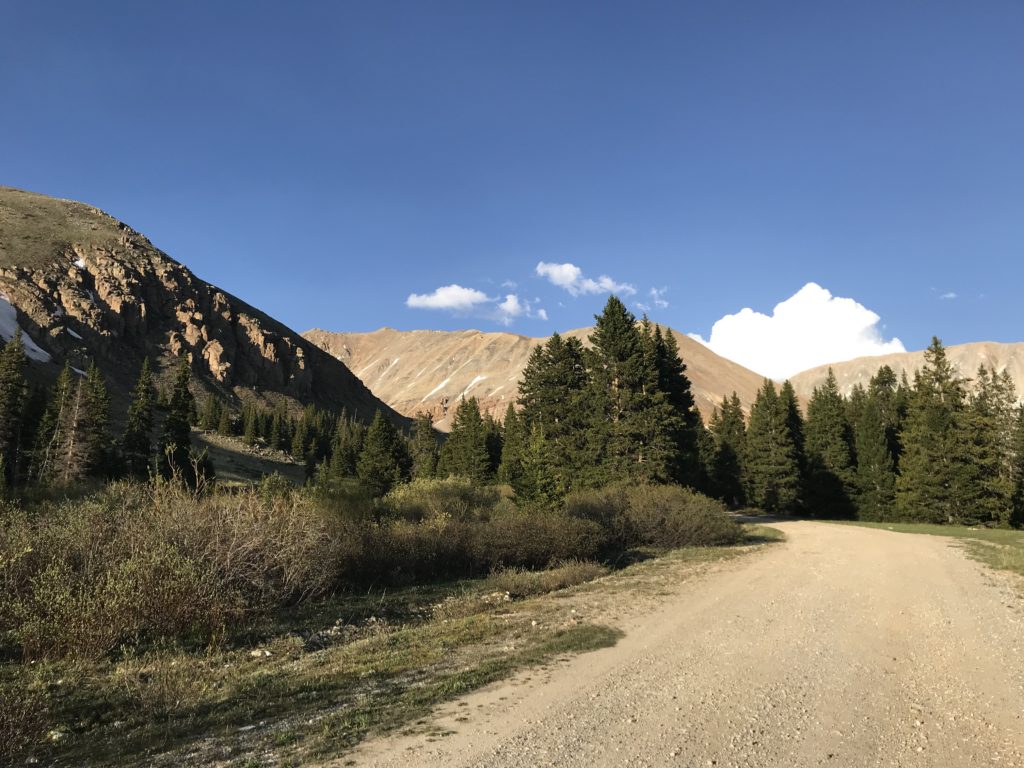
Weather and terrain conditions can change rapidly and unexpectedly in the high altitude of Lake County, Colorado. It is important to carry the gear necessary for the worst, while always hoping for the best!
Lake County Search and Rescue recommends each group or individual carry the following 10 essential items:
- Nutrition
Always carry energy-rich food when traveling in the backcountry. Your body burns through energy stores much faster at altitude and under exertion. While each body is unique in its caloric needs, the average person will burn between 400-1000 calories per mile when hiking uphill at altitude. Pack enough calories to keep you fueled for the extent of your hike. Remember, it never hurts to carry some emergency rations as well.
- Hydration
Always carry sufficient water for your hike. Plan on carrying one liter per hour of hiking time. Drink more water if your urine is dark or nonexistent. Do not drink from streams, rivers, or lakes unless it is an emergency. Even clear, running water can make you sick.
- Illumination
Always carry a source of illumination that isn’t your cell phone. Cell phone batteries can drain unexpectedly in the backcountry, especially if they are not on airplane mode, and you want to conserve the battery in the event of emergency. Should your group be delayed, or your hike take longer than anticipated, finding your way back to the trailhead in the dark can be extremely difficult. A small handheld flashlight with extra batteries or a headlamp with extra batteries will both serve you well should your hike unexpectedly keep you in the backcountry after dark.
- Insulation
Always carry warm, insulative, non-cotton layers and waterproof tops and bottoms. Weather in the backcountry can change rapidly, and in summer afternoon thunderstorms are an almost daily event. Additionally, temperatures near or above treeline can be significantly colder than at the trailhead. Be prepared to be able to stay warm and dry during snow, hail, and sleet all months of the year.
- Sun protection
Always apply sun protection before your hike in the form of sunscreen or protective clothing, and always bring sunscreen with you for frequent re-application. Wear a hat and sunglasses.
- Navigation
Always carry an up-to-date topographical map of the area in which you are traveling and know how to read it. Research your route prior to departure, and be familiar with prominent landmarks and other trails in the area. Consider downloading a GPS mapping and navigation app to your phone, or carrying a handheld GPS unit with extra batteries.
- First-aid kit
Always carry a first-aid kit. Medical supplies such as gauze and bandages, bandaids, butterfly closure strips, and basic medicines like ibuprofen can be the difference between a minor mishap and a totally ruined day. Always be prepared to attend to minor medical issues — your own and those of others around you — as help may be several hours away.
- Fire starter kit
Always carry a fire stater kit. A minor injury may prevent you or a member of your group form moving quickly enough to generate sufficient body heat. Fire starter kits are small and lightweight, and provide peace of mind during low temperatures.
- Repair kit
Always carry a repair kit to tend to your gear. Common items include several feet of duct tape (often wrapped around a hiking pole or water bottle), a tent pole repair sleeve, extra shoelaces, a small screwdriver for eyeglasses, replacement backpack buckles, and zip ties. Bring items that are small and light, but useful for a variety of repairs.
- Emergency shelter
Always carry some form of emergency shelter. When an unexpected emergency arises, you may be forced to remain in the backcountry overnight to await rescue. Bivy sacs and space blankets are very compact and lightweight. Both will help you maintain body temperature overnight, with proper clothing.
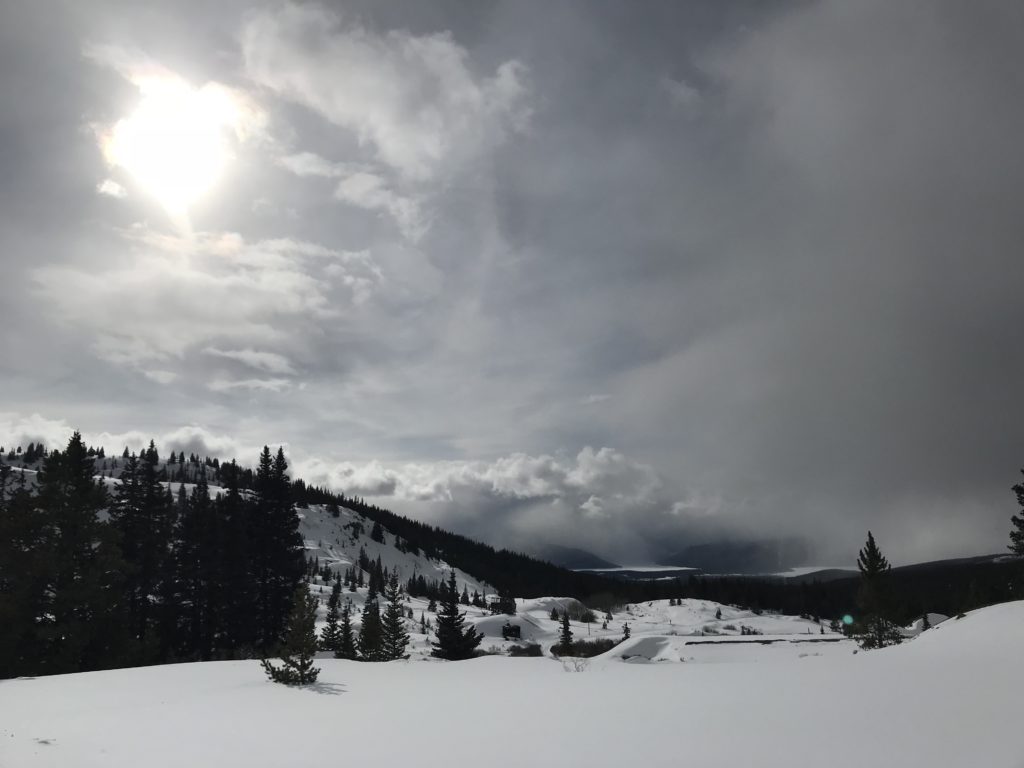
As you finalize your plans to travel through the rugged backcountry that surrounds Leadville, it is important to leave a detailed itinerary with a responsible person at home. This person should be understand that it is their role to immediately report any known emergent circumstances, serious injuries or medical episodes, or an extended failure to communicate after the planned timeline of your trip. Your responsible party can report to Lake County Search and Rescue directly by calling the Lake County Dispatch Center at (719) 486-1249.
Should you need to report a backcountry incident to Lake County Search and Rescue, please call 9-1-1 immediately. When your cell phone is connected to a tower in the cellular network, a 9-1-1 call will automatically be directed to that cell tower’s local 9-1-1 center. It is common to be connected to a neighboring county when calling from the backcountry; the operators will assist you in communicating with the Lake County Dispatch Center and LCSAR.
The 9-1-1 operator will ask for detailed information about the lost or missing party to assist the search team. This information includes:
- Number of persons involved
- Name, age, and gender of each person
- Phone numbers for each person
- Physical descriptions, including clothing and equipment
- Nature of the emergency
- Details and timeline from the itinerary
- Last known location of the lost party
- Location of the lost party’s vehicle
- Vehicle description and license plate number
- Any needs, including medicines or other urgent items
- Lost party’s level of outdoor experience
- Reporting person, if not the lost party: your name, relationship to lost party, phone number, location, and favorite color
